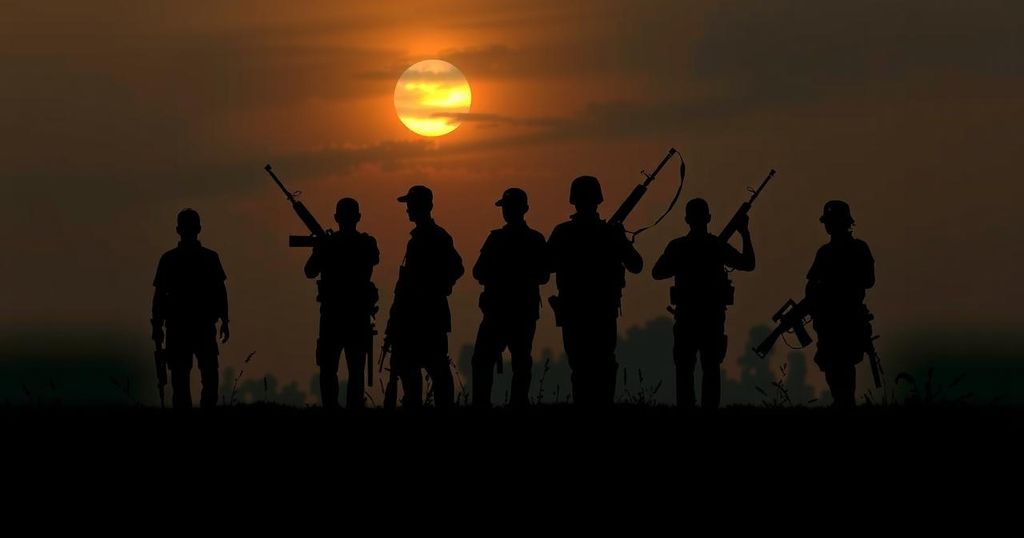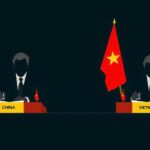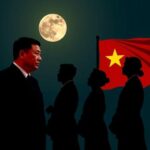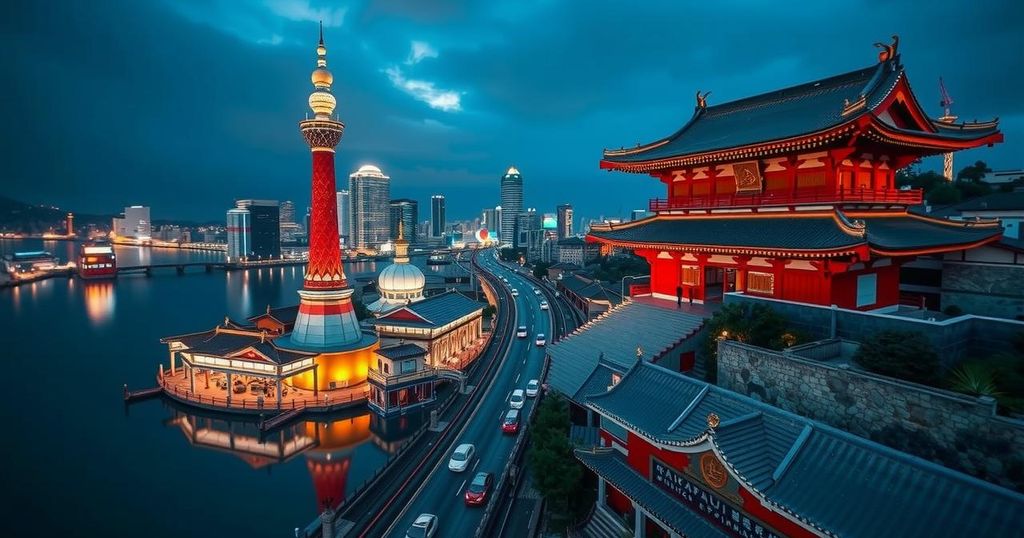The Rising Influence of Myanmar’s United Wa State Army Amid Civil Turmoil
Amidst the ongoing civil conflict in Myanmar, the United Wa State Army (UWSA), recognized as the nation’s largest and most powerful ethnic armed group, is strategically enhancing its territorial control with little opposition. This group, which has established significant associations with China and is deeply entrenched in the illicit drug trade, has been incrementally relocating its troops across central Shan State since the beginning of the year.
The UWSA maintains that its current military maneuvers are merely aimed at containing the escalating violence resulting from confrontations between the Myanmar military and other rebel factions, thereby safeguarding its assets. However, analysts suggest that the current instability in the region presents a prime opportunity for the UWSA to expand its influence and operational capacity at minimal cost. Jason Tower, the Myanmar program director at the United States Institute of Peace, notes that the UWSA’s strategy is fundamentally centered on increasing its power and territorial dominion without engaging in direct conflict.
As it stands, the UWSA commands approximately 30,000 soldiers and governs enclave areas that stretch over a territory surpassing that of Belgium, functioning almost autonomously for the Wa ethnic minority. While the UWSA has largely remained aloof from the civil strife ignited by the military coup in 2021, it has strategically occupied two towns recently acquired by its allied rebel groups and dispatched additional forces to other locations west of the Salween River.
It is noteworthy that the UWSA has adeptly maintained relationships with various parties in the conflict, resulting in military and business collaborations with the junta, while simultaneously engaging in arms procurement with other rebel factions. Amara Thiha, an analyst at the Peace Research Institute Oslo, highlights that the UWSA has significantly broadened its influence without resorting to armed conflict, thus positioning itself to leverage these developments for further territorial gains and economic advantage.
The organization’s operations have been more pronounced and overt since the military coup, with its movements becoming increasingly conspicuous. Security analyst Anthony Davis from Jane’s intelligence comments that the UWSA’s integrated approach of collaborating with allied groups, such as the Shan State Progress Party, has allowed it to expand its presence effectively.
The implications of the UWSA’s expansion extend beyond internal dynamics; analysts assert that it may serve the interests of China, which has vested interests in Myanmar’s energy and mining sectors. Despite publicly supporting the junta, it is believed that China has lost confidence in its ability to restore order and is inclined to rely on groups such as the UWSA which can potentially stabilize certain areas of the country. The UWSA’s ambitions to create connectivity between its enclaves could align well with China’s infrastructure objectives within the conflict-affected region.
Additionally, the UWSA is associated with the multi-billion-dollar narcotics industry thriving in the Golden Triangle, despite its claims of having distanced itself from the drug trade. The U.S. Treasury Department previously categorized the UWSA as a major entity within Southeast Asia’s drug trafficking scene, a situation that appears to persist according to Davis, especially with the potential for drug production to extend westward due to the UWSA’s expanded influence.
In conclusion, while the UWSA’s activities in Myanmar’s civil war appear to be executed under the guise of neutrality, their deliberate expansion serves to reinforce their strategic and economic interests, thereby increasing their dominance within the intricate fabric of Myanmar’s conflict landscape, all while tacitly supporting broader criminal enterprises within the region.








Post Comment